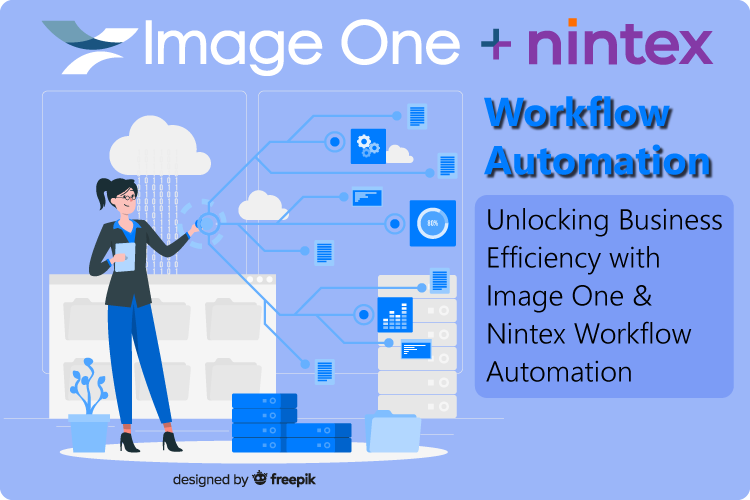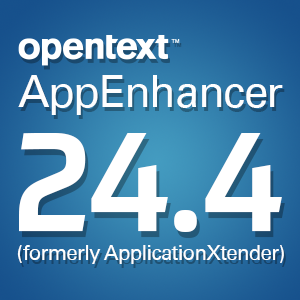New Jersey begins to implement digital filing for courts
Monday, June 16, 2014New Jersey criminal courts has implemented a new system that will allow certain documents to be filed digitally. This is the first phase of a long term, multi-million dollar plan meant to create an entirely paperless court system.
Last year, reports Law360, the New Jersey Senate approved a plan to raise filing fees in order to pay for the eCourt document management software roll-out. The state's efforts date back to 2009 when a 110-page report released by a special judiciary committee recommended a content management service to introduce remote filing and electronic access to important documents.
"We do have a very significant need for additional funding for automation in the courts [because] the core of our systems still continues to deteriorate – it's a system from the 1970s – and we can do much more," said Dan Phillips, legislative liaison for the Administrative Office of the Courts, told the Assembly Judiciary Committee at the time. "Especially now when volume is increasing all the time and our resources continue to dwindle, the only way we're going to survive is through automation."
The new system will expand 15 counties with a statewide unveiling expected in July, according to Lehigh Valley Live. The implementation has cost around $4 million so far and is limited to criminal case filings that don't require a fee. These include filings for a notice of appearance or a bail reduction. The goal of the roll-out is to create a system similar to the PACER system used by federal courts. This, however, is still several years away.
State officials say that the final product will ensure a more convenient and cost-effective way to operate than the current model. This plan couldn't be carried out in full immediately due to cost constraints, and thus will be realized in increments, the first being the criminal courts filing system.
In the past, attorneys were forced to employ courier services or send documents by mail.
"Think of the cost of doing that," said Chris Rojas the state's first assistant public defender. "Now I can do that by hitting the send button."
Criminal motions were chosen as the first area of focus because it would have the largest impact at the lowest-cost, according to Jack McCarthy, chief information officer for the judiciary. As time goes the intention is to continue rolling out the eCourts system through different parts of the criminal court system before moving to civil and family courts.
Brought to you by Image One Corporation providing complete information governance since 1994.




